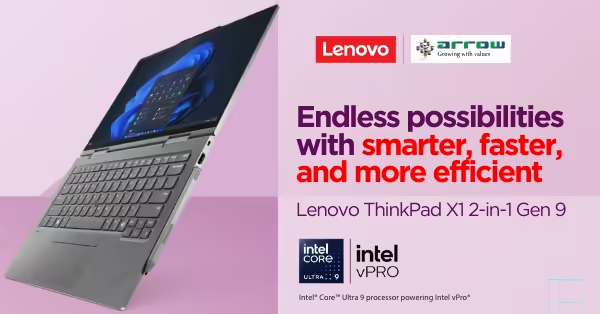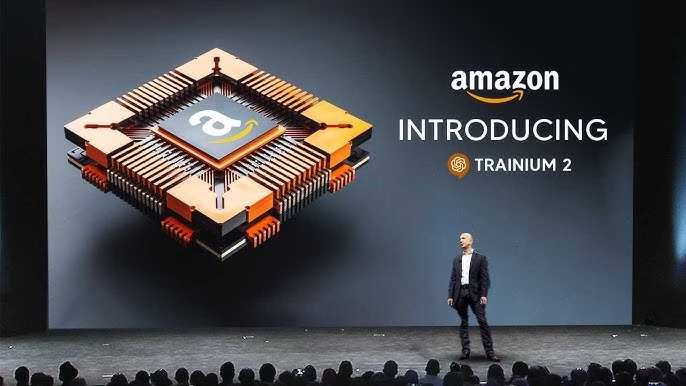Arm Holdings, best known for designing chip architectures used in nearly every smartphone worldwide, has taken a bold step by hiring Rami Sinno, Amazon’s former AI chip director. This move signals Arm’s growing ambition to move beyond designing core blueprints and begin building its own complete chips and systems.
Rami Sinno’s Expertise in AI Chips
At Amazon, Sinno played a key role in developing Trainium and Inferentia, custom AI chips that power large-scale applications on Amazon Web Services. These chips were designed to reduce costs and improve performance compared to traditional GPUs from competitors like NVIDIA. His appointment brings deep AI hardware expertise to Arm’s expanding leadership team.
Arm’s Traditional Role in Chipmaking
Historically, Arm has not manufactured its own chips. Instead, it creates the architecture and instruction sets that companies like Apple, Qualcomm, and NVIDIA use in their processors. This licensing model has made Arm a global leader, with billions of devices powered by its designs and royalties forming the backbone of its revenue.
The Push Toward Complete Chips and Chiplets
In July, CEO Rene Haas confirmed that Arm would reinvest profits into developing its own chips. This includes exploring chiplets—modular, function-specific units that can be combined into larger systems. By doing so, Arm aims to strengthen its position not only in mobile but also in data centers, where AI workloads are growing rapidly.
Building a Strong Leadership Team
Sinno is not the first industry veteran to join Arm’s chip-building mission. The company has also recruited Nicolas Dube from HPE, known for large-scale systems design, and Steve Halter, an engineer with experience at Intel and Qualcomm. Together, these hires underscore Arm’s determination to build a world-class team capable of competing directly with leading chipmakers.
Competing in the AI Chip Race
The AI chip market is increasingly competitive, dominated by NVIDIA, AMD, and Intel, alongside cloud providers like Amazon and Google that build their own silicon. By developing complete chips, Arm is positioning itself to capture more of the AI and data center markets, where demand for efficient, high-performance processors is surging.
What This Means for the Future
Hiring Rami Sinno represents more than just an executive addition—it reflects a strategic pivot for Arm. The company is moving from being a blueprint supplier to becoming a system-level innovator, capable of delivering both designs and finished products. If successful, this shift could reshape Arm’s business model and strengthen its role in the next generation of AI computing.


